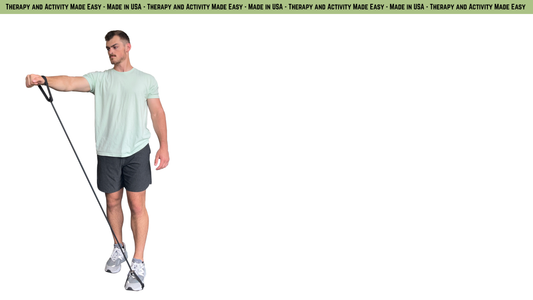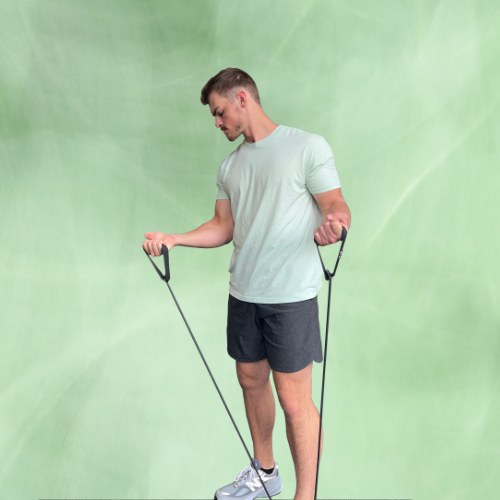
The Link Between Mental Health and Chronic Pain: 4 Key Considerations
In today’s fast-paced world, mental health and chronic pain are two critical issues that often intersect, creating a complex web of challenges for those affected. Understanding the link between these two can offer new avenues for treatment and improve the quality of life for millions. Whether you are dealing with chronic pain or supporting someone who is, here are four key considerations to keep in mind.
1. The Bidirectional Relationship
The relationship between mental health and chronic pain is bidirectional, meaning each can influence and exacerbate the other. Chronic pain, which is defined as pain lasting longer than three months, can lead to mental health issues such as depression, anxiety, and even PTSD. Conversely, mental health disorders can increase the perception of pain and lower pain thresholds, making minor aches feel unbearable.
Research has shown that individuals with chronic pain are three times more likely to develop depression or anxiety compared to those without pain. This correlation suggests that treating one aspect without addressing the other may not lead to significant improvement. For example, focusing solely on pain management without considering mental health can leave underlying issues unaddressed, perpetuating the cycle of pain and distress.
2. The Role of Stress and Coping Mechanisms
Stress is a significant factor that connects mental health and chronic pain. Chronic stress can lead to muscle tension, inflammation, and other physical symptoms that exacerbate pain. Moreover, stress can impair the body’s natural pain relief mechanisms, such as the release of endorphins.
Effective coping mechanisms are crucial in managing both stress and pain. Physical activity, such as using resistance bands for exercise, can help reduce stress levels and improve overall well-being. Exercise releases endorphins, which are natural painkillers, and improves sleep quality, which is often disrupted by both pain and stress. Resistance bands, particularly when used with wall mounts, offer a versatile and low-impact way to engage in regular physical activity without putting undue strain on the body.
3. The Importance of a Multidisciplinary Approach
Treating chronic pain and its associated mental health issues requires a comprehensive, multidisciplinary approach. This often includes a combination of medication, physical therapy, psychological counseling, and lifestyle changes. By addressing both the physical and psychological aspects of chronic pain, patients are more likely to experience relief and improve their quality of life.
Physical therapy, for instance, can help alleviate pain and improve mobility. Tools like resistance bands and wall mounts can be integral in physical therapy routines, providing resistance training that helps strengthen muscles and reduce pain over time. On the mental health side, cognitive-behavioral therapy (CBT) has been proven effective in helping patients develop healthier thought patterns and coping strategies to manage their pain.
4. The Power of Social Support
Social support plays a vital role in managing both chronic pain and mental health. Having a strong network of family, friends, or support groups can provide emotional support, reduce feelings of isolation, and offer practical help. For those struggling with chronic pain, feeling understood and supported can significantly alleviate the psychological burden.
Engaging in group activities, whether physical or social, can also be beneficial. Group exercise classes that use resistance bands, for example, can provide a sense of community and shared purpose, which can be incredibly motivating and uplifting. Furthermore, social interactions can distract from pain and promote positive mental health.
Integrating Physical Activity with Mental Health Management
Given the close connection between mental health and chronic pain, incorporating physical activity into daily routines can be a game-changer. Resistance bands are an excellent tool for this purpose, offering a flexible and accessible way to exercise. They can be used at home with wall mounts, making it easy to integrate short, effective workouts into your schedule.
Regular physical activity helps improve mood, reduce anxiety, and alleviate pain. It also empowers individuals by giving them a sense of control over their bodies and their health. Starting with gentle exercises and gradually increasing intensity can help build strength and endurance without causing additional pain or stress.
Conclusion
Understanding the intricate link between mental health and chronic pain is essential for developing effective treatment strategies. By recognizing the bidirectional relationship, managing stress, adopting a multidisciplinary approach, and fostering social support, individuals can better navigate the challenges posed by chronic pain. Integrating physical activity, such as using resistance bands and wall mounts, can further enhance both physical and mental well-being, offering a holistic approach to managing these intertwined issues. Remember, taking small steps towards better mental and physical health can lead to significant improvements in the quality of life.



